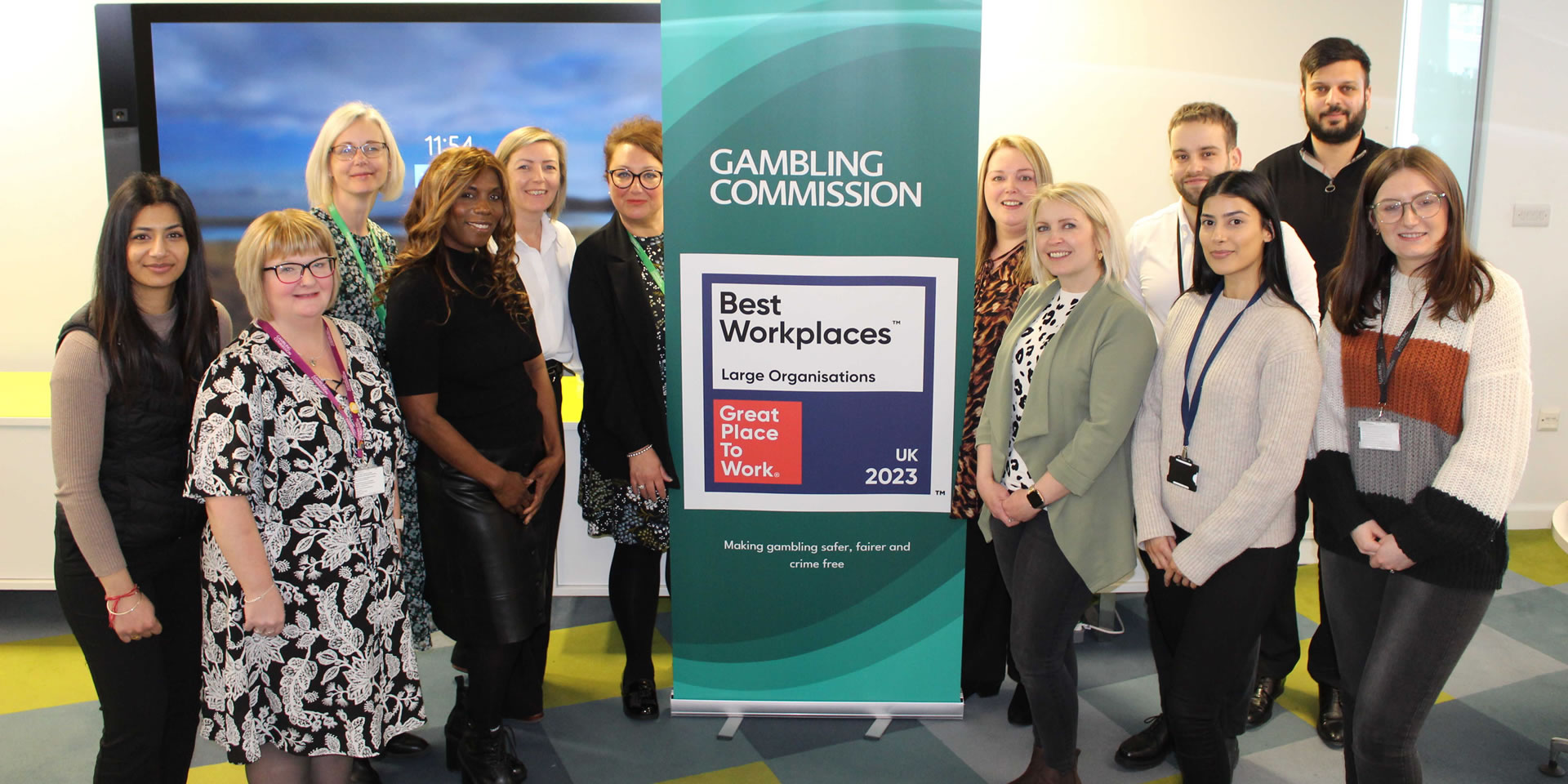To tackle the rising issues and the consequential harms due to gambling, a more robust range of services has been instituted in Liverpool based on research, prevention, and support. The shift followed shortly after the revealing study conducted by the Liverpool City Council alongside Liverpool John Moores University (LJMU) that brought to light unsettling statistics about gambling scenarios in the city. The report states that almost 30% of Liverpool’s adult population gamble every year. In contrast, a staggering 12% are deemed vulnerable to gambling-related harms, which is almost double the average in England. Compared to other areas, Liverpool’s situation is highly critical, demanding that local authorities mobilize urgently and strategically.

Research Highlights Vulnerable Groups and Long-Term Impact
It is maybe the long-term impact on families and younger generations that makes the studies even scarier. From a variety of data sets, such as MerVCom, the survey for violence and community safety in Merseyside, about 25,000 adults in Liverpool had been exposed to gambling-related harm in their household during childhood. This further confirms that this is a much bigger problem than just the individual and very deeply affects the family system and the community dynamics. Also, this new initiative aims to bring forth a concerted response from a wide range of stakeholders. The collaboration aims to equip the city with a system-wide safety net for victims of gambling harm. The partners thus include professionals from health, law enforcement agencies, local charities, and even persons with lived experience.
Multi-Sector Collaboration for Lasting Change
First of all, the Liverpool initiative is to be both proactive and sustainable. Councillor Harry Doyle, Cabinet Member for Culture, Health and Wellbeing, stated that it was necessary to identify people who are at risk and give them the necessary support. He also mentioned that there is more to the city than short-term fixes, because it is to work on prevention, education, and intervention. Professor Matt Ashton, Liverpool’s Director of Public Health, meanwhile, spoke about some of the challenges in policy-making that require cross-sector collaboration. He maintains that by linking research with public engagement, communities can begin to forge long-term resilience. On the other hand, the window of opportunity is fast closing, and so is when these warning signs are neglected; public health and social problems will only increase, making the initiative timely and necessary.
Community Resilience at the Heart of Liverpool’s Response
The city of Liverpool is building a precedent with its systematic, researched approach to such solutions. With multiprocessing sectors aligned to an evidence-based approach, not only is the city working toward lessening existing harm, but also preventing future generations from falling into similar cycles. Whatever the issue’s dimensions, the initiative situates public health and personal well-being at its heart. On top of that, the initiative’s hard-hitting message shines through: gambling harm is not just an individual impediment, is a community detriment that Liverpool is ready to face head-on.









